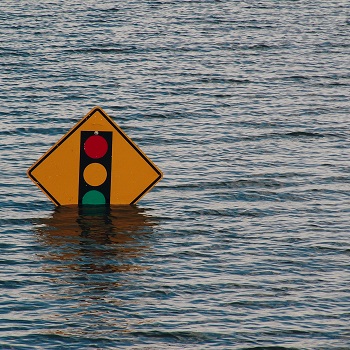Defence Cuts Bring UK and France to the Altar
The big cuts in Britain’s defence capabilities announced in London earlier this week will have far-reaching consequences for European defence policy. The decision of Britain’s coalition government to reduce defence spending by 8 per cent over the next four years condemns the UK to closer co-operation with European allies, and especially with France.
British Prime Minister David Cameron explained to the House of Commons on October 19 in response to a question from MP Edward Leigh why France was once again becoming such a key partner for Britain. President Sarkozy, Cameron explained, was fully committed to the new Anglo-French relationship and had put France right into the heart of NATO, while France and Britain were facing the same (budgetary) pressures and had the same priorities. Strengthening co-operation with France was “a really worthwhile thing to do”.
In an immediate response the Elysée Palace stated that the United Kingdom was offering France a particularly close partnership in the field of defence and security. “France is greatly in favour of this idea, and will work to make it a reality”.
Co-operation between the two countries will be far-reaching. The British defence review includes a decision to continue with construction of two 60,000 tonne aircraft carriers (it would have cost as much to cancel them as to build them), but since the Harrier aircraft is to be scrapped there will be no British planes to fly from them. One of the vessels is now to be equipped with catapult technology so that French and American planes can use it pending delivery of a carrier-based version of the Joint Strike Fighter in the early 2020s.
There is good news for Airbus Military in the review which fits neatly into the new entente cordiale: the A400M military transport aircraft escapes unscathed in Britain’s new defence plans – another project involving close co-operation – as does the development of air refuelling capability based on the A330-200.
NATO Secretary General Anders Fogh Rasmussen has made particularly intriguing remarks to journalists advocating more European co-operation and citing a plan for French scientists and engineers to maintain British nuclear warheads. This would be the first time the two countries had worked together on their nuclear deterrents. I’m not sure that number 10 Downing Street was too pleased with the Dane’s revelations.
More should be revealed when Prime Minister David Cameron meets President Sarkozy in two weeks time. This summit might be compared with the Blair-Chirac meeting at St Malo in 1998, when European defence and security policy was launched. The St Malo agreement hasn’t travelled very far since then. The coming Cameron-Sarkozy meeting may well have more substance but less European aspiration.
Closer co-operation across the Channel has become an essential element in European security and defence policy. France and the UK together account for 44 per cent of European defence spending and two-thirds of defence research. Nobody else will provide the long-term capabilities for Europe to act beyond its borders, for instance in combating piracy, rescuing civilians in far-off places or providing support in natural disasters.
The Anglo-French contribution may have to rise further. Germany talks of cutting its defence budget by €9bn over four years and reducing its army by 40 per cent, so the richest country in Europe will not be making a big contribution to a European military capability.
Maybe the time has come to make a clearer distinction between two kinds of defence commitment: on the one hand the projection of military power across the world, and on the other the application of defence resources to support those “soft” policies which are such an important part of EU foreign policy initiatives.
It strikes me that the Anglo-French rapprochement fits neatly into the NATO dimension and may spell the end of any hopes of creating a true EU military capability. Neither Britain nor France is interested in a European army. Of course there is still room for co-operation between EU countries, for instance on projects like Eurofighter and other joint projects, as well as on peace-keeping and emergency aid, but a new relationship between France and the UK may not prove a recipe for a deepening EU defence dimension.
Find Out More
-
Why Europe needs a water resilience strategy
February 8, 2024
-
Why the EU can’t risk failure at COP27
November 4, 2022


